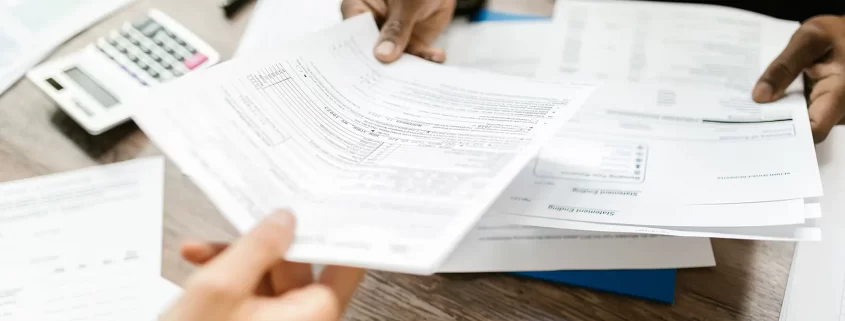Do My Medical Bills Get Put on Hold While I Pursue a Personal Injury Claim?
When you are injured in a car accident, a common question that you may confront is what to do about your mounting medical bills. Some people have medical insurance that covers their medical bills, and they are less concerned with this problem. But for those who have lower-grade insurance, or for those whose insurance has been depleted as a result of the injury and injury recovery process, a big concern is how those medical bills will be paid.
To begin with, your medical bills are not put on hold or “paused” while your personal injury claim goes forward. Hospitals and other medical care providers typically do not wish to wait on the conclusion of a personal injury claim to get paid, and will insist on immediate payment. In some cases, they’ll even send these bills out for collections. So, what should you do about this?
First, ensure that all of your medical bills have been run through your PIP (Personal Injury Protection) coverage, which is part of your car insurance. PIP coverage is provided by your car insurer, and you can read more about it in our article on PIP coverage. Your car insurance (not the person who hit you) is required to pay for your medical bills up to a certain limit. Sometimes victims of car accidents are worried that their car insurance will be negatively affected by using their PIP coverage, but don’t let this worry you. Your PIP coverage is there for you to use to ensure that you get better, medically, and you should have no concern about submitting your car accident-related medical bills to your car insurance directly.
Second, if your PIP coverage is exhausted, and you have further medical bills, you should talk to a personal injury attorney about how to ensure that these claims are handled as you go through the process. In some cases, this means that your personal injury attorney sends letters to the medical providers or collection agencies explaining to them that the process is continuing and that, at some point, you expect payment on your claim. Personal injury lawyers can sometimes negotiate these claims or at least establish a delay in payment for you.
Third, establish payment plans if necessary. Some medical providers will agree to accept payments and can do so without any interest if you begin making certain amounts of good faith payments on these bills. Furthermore, you can sometimes negotiate these bills to a more reasonable level by offering to pay cash up front for a reduction in the overall bill.
Finally, medical bills can also mount after someone has passed away in a car accident. In that case, the estate of the person who died will be responsible for the bills, but these costs can be recouped from the wrongdoer in a wrongful death action.
If you’ve been in a car accident or otherwise injured on the road, contact the personal injury lawyers at Cornerstone Law Firm to discuss your case and see how we can help you. To learn more, read our article on your next steps after a car accident.


